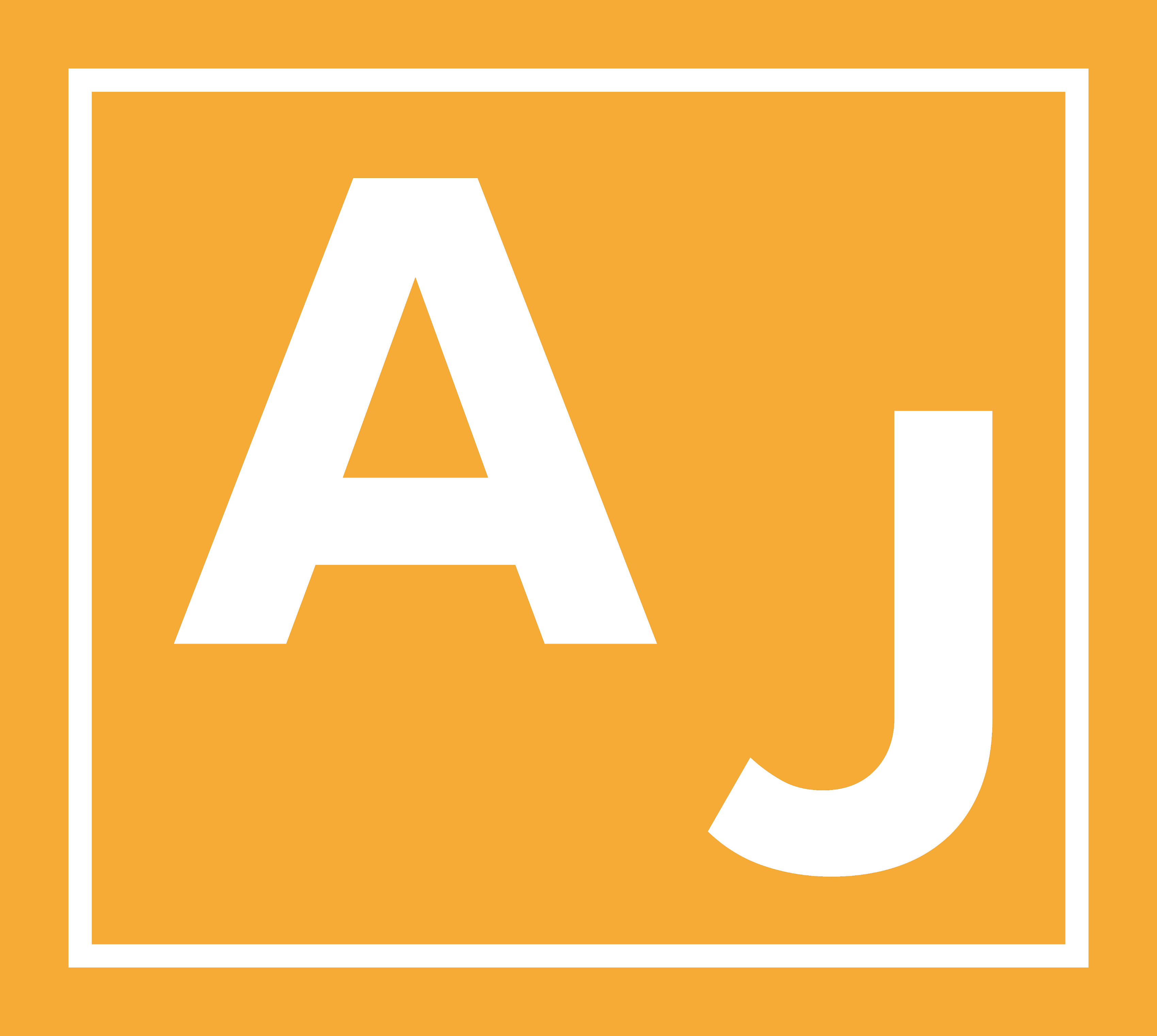An der Fakultät Sozial- und Wirtschaftswissenschaften der Otto-Friedrich-Universität Bamberg ist am Lehrstuhl für Steuerung innovativer und komplexer technischer Systeme die Stelle einer/eines
Akademischen Rätin/Akademischen Rats auf Zeit (Postdoc, m/w/d)
(100 % der regelmäßigen Arbeitszeit; Bes. Gr. A 13 oder TV-L E 13)
in einem befristeten Beschäftigungsverhältnis als wissenschaftliche/r Mitarbeiter/-in (TV-L E 13) oder bei Vorliegen der erforderlichen Voraussetzungen in einem Beamtenverhältnis auf drei Jahre (mit Verlängerungsmöglichkeit bis zu drei weiteren Jahren) (Bes.Gr. A13) zum 1. Oktober 2021 zu besetzen.
Neben der Verpflichtung in der Lehre von 5 SWS im Bereich Politikwissenschaft, Nutzung experimenteller Methoden in der Sozialwissenschaft und/oder der Wirkung kommunikativer Interventionen (Kurse können ggf. auf Englisch angeboten werden) gehört die Mitarbeit in der Forschung und Drittmittelakquise am Lehrstuhl für Steuerung innovativer und komplexer technischer Systeme zum Aufgabenportfolio der Stelle.
Der Lehrstuhl konzentriert sich in der Forschung auf die Untersuchung der Auswirkung von Digitalisierung auf die Gesellschaft. Besondere Aufmerksamkeit gilt hier der Veränderung von Diskursen, Kommunikationsumgebungen und -wirkungen. Darüber hinaus untersuchen wir Determinanten und Einflussfaktoren auf Technikakzeptanz oder -ablehnung. Perspektivisch werden diese thematischen Schwerpunkte in den nächsten Jahren durch die Themen Künstliche Intelligenz und Klimawandel ergänzt.
Anforderungsprofil:
- Fachlich einschlägiger Hochschulabschluss (Diplom oder Master of Science) und qualifizierende Promotion in der Politikwissenschaft oder einem verwandten sozialwissenschaftlichen Fach (z.B. Kommunikationswissenschaft, Psychologie oder Soziologie);
- Für das Beamtenverhältnis ist in dem entsprechenden Fach eine erfolgreich abgeschlossene Promotion erforderlich;
- Kenntnisse in einem oder mehreren der folgenden Forschungsfeldern:
- Digitalisierung in Gesellschaft und Politik,
- politische Kommunikation,
- politische Psychologie,
- Technikakzeptanz und -ablehnung;
- Erfahrungen in der Anwendung sozialwissenschaftlicher Forschungsmethoden mit quantitativem Schwerpunkt (z. B. Befragungen, Experimente) und Kenntnisse der Programmiersprache R; Kenntnisse in der Computational Social Science und der Open Science sind ein Plus;
- Bereitschaft zur weiteren wissenschaftlichen Qualifikation (z.B. Habilitation);
- Selbständiges Arbeiten, persönliches Engagement, Kommunikations- und Kooperationsfähigkeit.
Qualifizierte Kandidaten und Kandidatinnen werden aufgefordert, sich zu bewerben.
Allgemeines:
Die Otto-Friedrich-Universität Bamberg ist bestrebt, den Anteil von Frauen in Forschung und Lehre zu erhöhen und fordert deshalb entsprechend qualifizierte Frauen nachdrücklich zur Bewerbung auf. Schwerbehinderte Bewerberinnen oder Bewerber werden bei ansonsten im Wesentlichen gleicher Eignung bevorzugt berücksichtigt.
Die Otto-Friedrich-Universität Bamberg wurde von der Hertie-Stiftung als familiengerechte Hochschule zertifiziert. Sie setzt sich besonders für die Vereinbarkeit von Familie und Erwerbsleben ein.
Bewerbung:
Ihre Bewerbungsunterlagen (Motivationsschreiben, Lebenslauf, Publikationsliste, eine einseitige Skizze Ihres Forschungsprofils, Examenszeugnisse und Promotionsurkunde) senden Sie bitte in elektronischer Form (zusammengefasst zu einem PDF-Dokument) unter Angabe Stellenausschreibung an den Lehrstuhlinhaber Prof. Dr. Andreas Jungherr an die untenstehende E-Mail-Adresse.
Bewerbungsfrist: 31.07.2021
Fachliche Auskünfte erteilt Ihnen gerne Prof. Dr. Andreas Jungherr: andreas.jungherr[at]uni-bamberg.de
Kontaktadresse:
Otto-Friedrich-Universität Bamberg
Lehrstuhl/Professur für Steuerung innovativer und komplexer technischer Systeme
Prof. Dr. Andreas Jungherr
96045 Bamberg
E-Mail: andreas.jungherr[at]uni-bamberg.de

